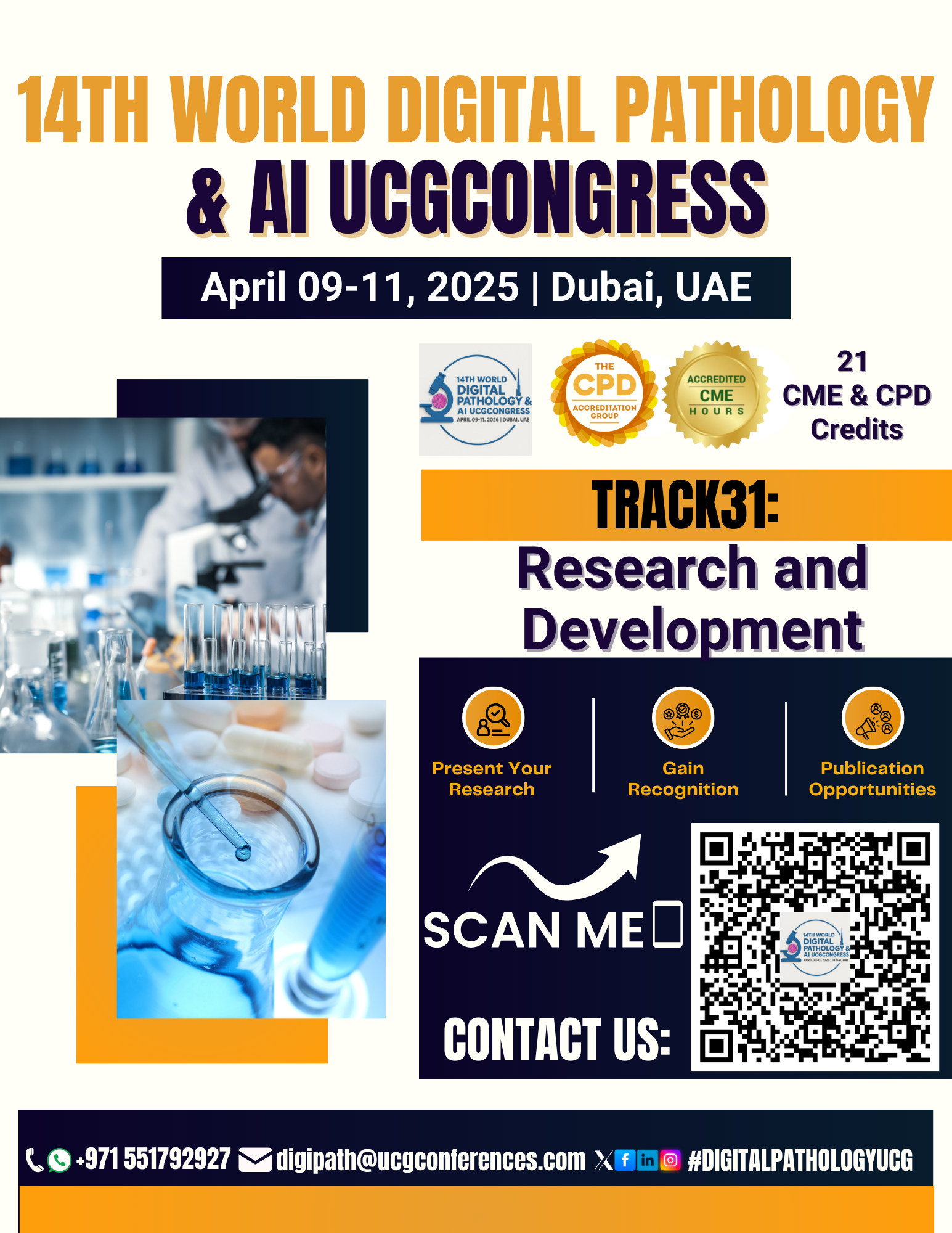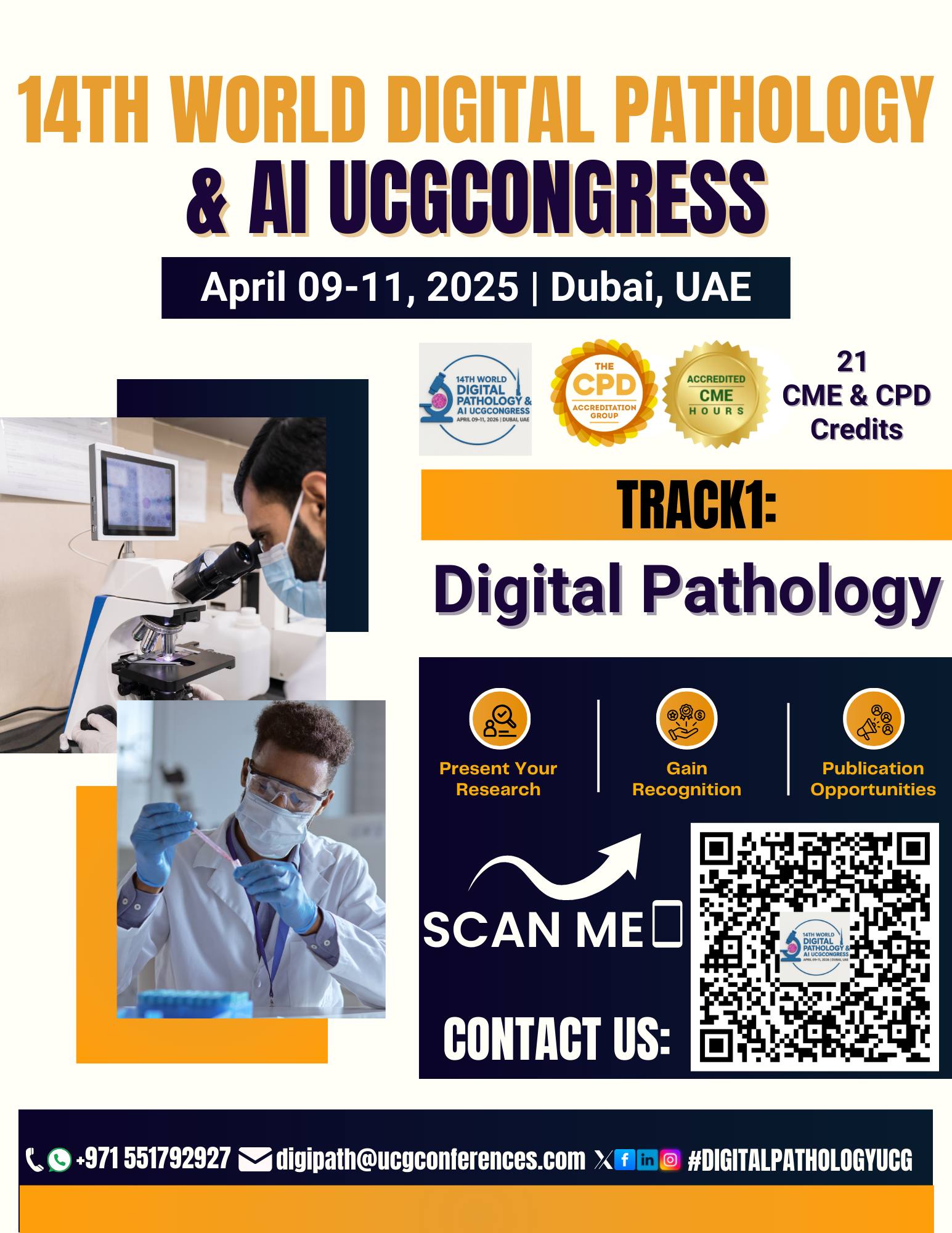



Sub track:-
Enhanced Image Quality Quantitative Analysis, Faster Turnaround Times,...

Sub track:-
Integration of Imaging Modalities, Advanced Image...

sub track:
Definition and Scope, Innovation and Product Development, Pharmaceutical and
Biotechnology R&D, Collaboration and
Partnerships, Funding and Investment, Regulatory and Compliance Considerations,
ResearchAndDevelopment, Innovation, RandD, Scientific Research, TechInnovation,
Product Development, InnovationStrategy, Biotech, MedicalResearch , Clinical
Research, TechResearch, Research Innovation, Innovation Hub, LabResearch,
FutureOfTech
Research
and Development (R&D) refers to the systematic work
undertaken by companies, organizations, or institutions to create new
knowledge, products, or processes, or to improve existing ones. R&D is a
critical function that drives innovation, technological advancements, and
economic growth across various industries, including technology,
pharmaceuticals, manufacturing, and consumer goods. Research and development
(R&D) comprise creative and systematic work undertaken in order to increase
the stock of knowledge and to devise new applications of available knowledge.
1. Stages of Research and Development
a. Basic Research
Objective: To gain a deeper understanding of fundamental
principles and mechanisms without immediate commercial applications.
Approach: Involves theoretical work, experiments, and
observations to expand scientific knowledge. For example, studying the genetic
basis of a disease.
b. Applied Research
Objective: To apply findings from basic research to address
specific, practical problems or develop new technologies.
Approach: Involves targeted studies and experiments to solve
real-world issues. For instance, developing a new drug based on insights from
genetic research.
c. Development
Objective: To translate research findings into practical
applications, such as new products, processes, or technologies.